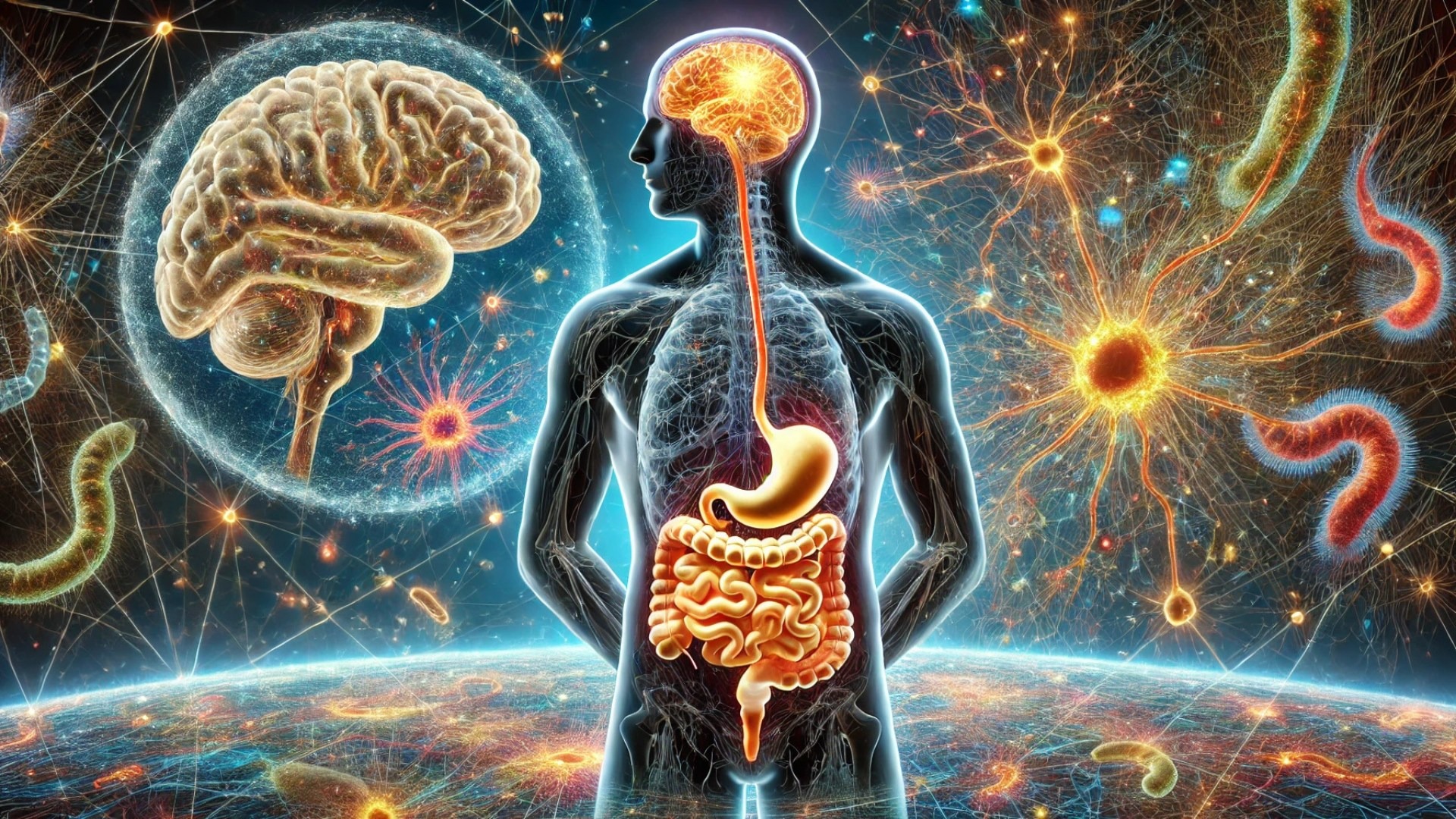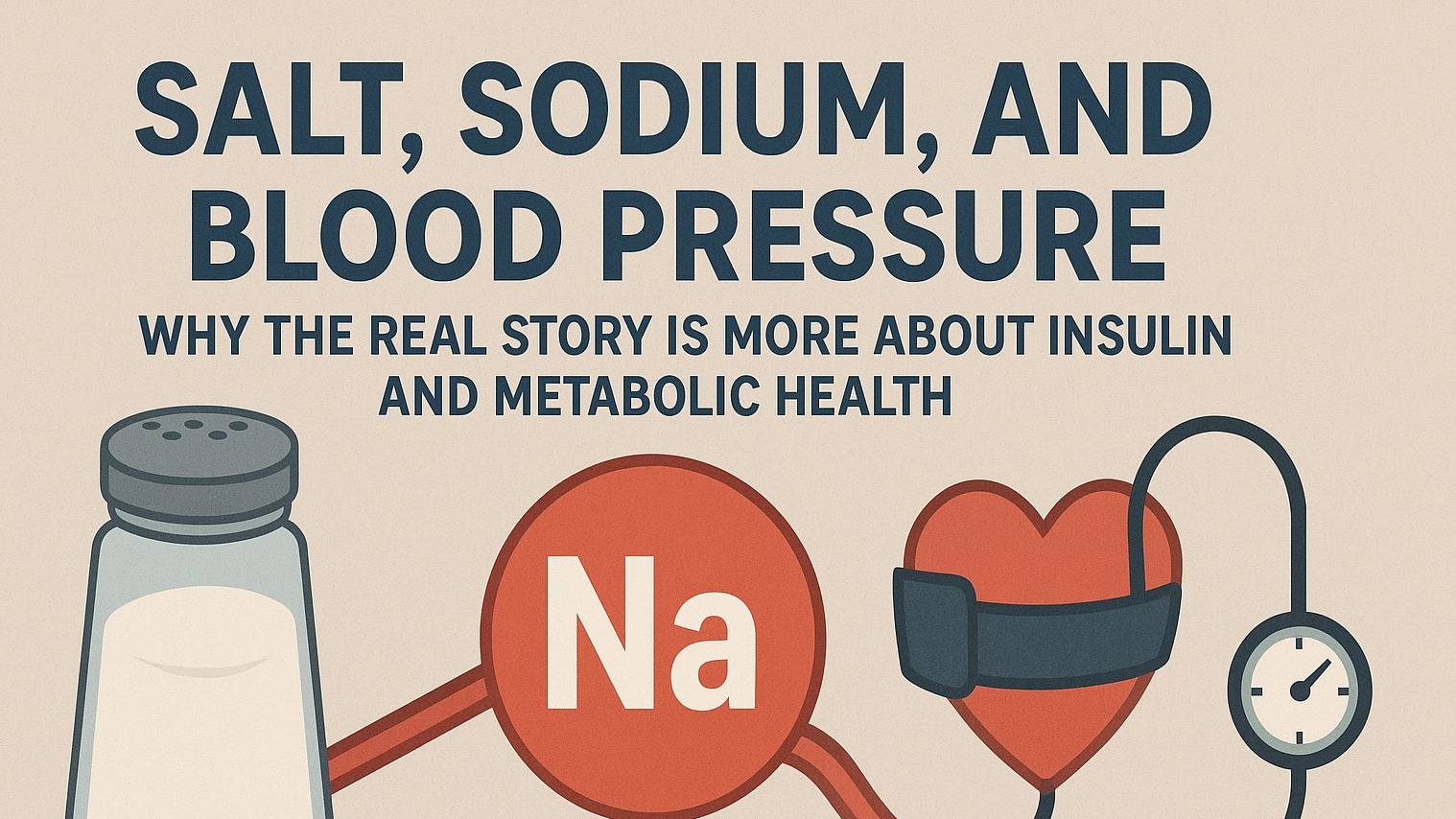Nitric oxide (NO) is a gas your body makes that relaxes blood vessels, supports mitochondrial function, modulates immunity, and helps nerves communicate. Low NO shows up as higher blood pressure, slower recovery, poorer sexual function, and age-related disease risk. NO is built from dietary nitrate (leafy greens, beets) and from arginine/citrulline pathways—and it’s strongly influenced by your oral microbiome and even sunlight. You can restore it with smart nutrition, training, mouth-friendly habits, and targeted supplements where appropriate. PMCWhat Exactly Is Nitric Oxide (NO)?NO is produced by enzymes called nitric oxide synthases (NOS) and by a diet-microbiome pathway that turns nitrate → nitrite → NO. In blood vessels, NO tells smooth muscle to relax, increasing blood flow and lowering vascular resistance—central to healthy endothelial function, the “youth” of your arteries. When endothelial NO is low, vessels get stiff, inflamed, and pro-thrombotic. PMCPubMedWhy NO Matters Across Health Domains1) Cardiovascular health & blood pressureNO is a primary regulator of vascular tone; impaired NO signaling is a hallmark of endothelial dysfunction and a starting point for atherosclerosis and hypertension. Improving NO (through diet, activity, sunlight exposure within safe limits, and—in select cases—supplements) correlates with better blood pressure and vascular function. PMCPubMedAHA Journals2) Brain & cognition (including Alzheimer’s)NO influences cerebral blood flow and neuronal signaling. Recent reviews connect NO dysregulation with Alzheimer’s disease pathology (amyloid, tau, mitochondrial stress). While we don’t have a cure, maintaining NO bioavailability is a plausible target alongside sleep, exercise, and metabolic care. PMCPubMed3) Wound healing & tissue repairTopical and biomaterial strategies that deliver NO can accelerate closure, angiogenesis, and antimicrobial defense—especially relevant in diabetic or “hard-to-heal” wounds. (This is an active research area; therapies are evolving.) PMCPubMed+14) Physical fitness & exercise performanceDietary nitrate (e.g., beetroot) and NO-precursor strategies may lower the oxygen cost of exercise and modestly improve certain performance metrics—effects appear stronger in older adults and in longer, submaximal efforts. Results vary by study and individual. EatingWellNew York PostPubMed5) Sexual function (all genders)Penile and clitoral erection rely on NO-cGMP signaling; endothelial and neuronal NO drive genital blood flow and arousal physiology. Oxidative stress reduces NO bioavailability and contributes to erectile dysfunction (ED); improving endothelial health and NO can help, though severe cases need medical evaluation. PMC+2PMC+26) Age-related chronic diseaseAging, insulin resistance, and oxidative stress reduce NO generation and increase NO “scavenging,” linking low NO to cardiometabolic disease and possibly neurodegeneration. Strategies that restore NO—and reduce oxidative burden—are foundational longevity levers. PMC+1The Oral Microbiome–NO Highway (And Why Mouthwash Can Backfire)Leafy greens and beets supply nitrate. Oral bacteria convert nitrate → nitrite, which your body turns into NO—especially when oxygen is low (like during exercise). Antiseptic mouthwashes can blunt this pathway, and several studies associate routine use with higher blood pressure and loss of the nitrate benefit. Older adults may benefit most from dietary nitrate because the oral microbiome and endothelial NO decline with age. PubMed+1EatingWellPractical swapsAvoid daily antiseptic mouthwash unless medically indicated; try gentle rinses and good brushing/flossing instead.Eat nitrate-rich veggies (see list below) and chew them well—the conversion starts in the mouth. PubMed Sunlight & Skin-Stored NOYour skin stores nitrite/nitrate. Non-burning UVA exposure can mobilize NO and acutely lower blood pressure (separate from vitamin D). Be sun-smart—brief, regular exposure appropriate for your skin type; avoid burns. PMCScienceDirectWhat Dr. Nathan Bryan EmphasizesDr. Nathan Bryan—NO biochemist—highlights that modern lifestyles (processed diets, antiseptic oral products, PPIs/antacids, sedentary behavior) erode NO production, while simple habits restore it: nitrate-rich foods, protecting oral bacteria, resistance training, and targeted NO-generating tools. For color and context, see his Diary of a CEO interview and transcript; treat podcasts as commentary, then anchor choices in primary literature. Apple PodcastsThe Singju PostYouTubeHow to Build (and Keep) Your Nitric Oxide1) Eat the NO diet (daily)Prioritize nitrate-rich plants:Beets, beet greens, arugula/rocket, spinach, chard, lettuce, fennel, celery, bok choy, kale.A pattern of these foods consistently supports blood pressure and vascular function; older adults may see the clearest wins. EatingWellNew York Post 2) Train your endotheliumZone 2 cardio (150+ min/week) and resistance training improve endothelial function and NO signaling over time. (Mechanistic vascular literature supports this even when individual supplement trials are mixed.) PMC 3) Protect the oral-nitrate pathwaySkip routine antiseptic mouthwash; maintain gum health with brushing/flossing/pro cleanings. PubMed 4) Smart sunlight (if appropriate)Short, sensible daylight exposure can release NO from skin stores; still use sun safety. PMC5) Consider targeted supplementation (case-by-case)Dietary nitrate (e.g., beet juice shots) may lower BP and aid performance in some—especially older or less fit adults.L-citrulline (often 3–6 g/day) increases arginine and may help blood flow and perceived exertion in some settings; performance results are mixed across meta-analyses and trials.L-arginine can support NO but is more heavily metabolized by the gut/liver; citrulline often raises arginine more reliably.Always screen for interactions (e.g., nitrates + PDE-5 inhibitors), kidney concerns (oxalates in high-dose beet products), and medical conditions. EatingWellPubMedTaylor & Francis Online Where NO Touches Specific ConditionsHypertension & heart disease: Boosting NO via diet and endothelial fitness is foundational; sodium/potassium balance and metabolic health still matter. PMC Alzheimer’s & cognitive decline: Reviews link NO biology to AD mechanisms; lifestyle strategies that preserve NO are low-risk and synergize with brain-healthy habits. PMC Wound care (incl. diabetic wounds): NO-releasing dressings and topicals are promising adjuncts; speak with a clinician for availability. PubMedPMC Sexual function: ED and female sexual arousal disorders are intimately tied to endothelial health; NO signaling is central to genital blood flow. Address cardio-metabolic risk, sleep, stress, and consider medical therapy when indicated. PMCAthletic performance: If you’re over 50, heat-exposed, or doing longer submaximal efforts, nitrate strategies may yield noticeable benefits; test and track. New York Post FAQ (quick, evidence-aware)Is beet juice really effective? In older adults, concentrated beet juice (nitrate-rich) has shown clinically meaningful systolic BP reductions and beneficial oral-microbiome shifts versus nitrate-depleted placebo; effects are smaller or inconsistent in younger adults. EatingWellNew York PostDoes mouthwash raise blood pressure? Antiseptic mouthwash can reduce nitrate-to-nitrite conversion and has been associated with higher BP in some studies. Occasional use is fine; avoid daily use unless directed. PubMedCan sunlight lower BP because of NO? Non-burning UVA can mobilize NO from skin stores and modestly lower BP—complementary to, not a replacement for, other therapies. Practice sun safety. PMCCitrulline or arginine for NO? Citrulline often raises plasma arginine more effectively and may aid certain exercise or circulation outcomes, but performance benefits are not guaranteed. Test your response and monitor BP. PubMedTaylor & Francis OnlineWhat To Do This Week (simple plan)Daily greens & beets: 2 cups mixed leafy greens + ½–1 cup beet/roots or a 70–140 mL beet shot (if tolerated).Oral-microbiome friendly: Ditch daily antiseptic mouthwash; keep dental hygiene strong.Move: 3x/week resistance training + 150–300 minutes Zone 2.Sun, sensibly: Short non-burning daylight exposure most days.Track: 2–4 weeks of morning BP, workouts, and energy/sexual function notes. Adjust.References & further listeningEndothelial NO & vascular health: Cyr et al., 2020 (review); Tousoulis et al., 2012 (review). PMCPubMed Oral microbiome–nitrate–BP pathway: Alzahrani et al., 2021 (systematic review); Bryan et al., 2017 (review). PubMed Beet/nitrate in older adults & BP: University of Exeter trials and coverage. EatingWellNew York Post NO & Alzheimer’s mechanisms: Wang et al., 2023/2024 (reviews); Allerton et al., 2024 (mechanistic link obesity–AD). PMCPubMedNature Wound healing with NO: Bahadoran et al., 2024 (meta-review); Xia et al., 2025 (diabetic wounds). PMCPubMed Sexual function & NO: Burnett, 2007 (mechanistic); Kaltsas et al., 2024 (OS & ED). PMCPubMed UVA/skin NO: Holliman et al., 2017 (review); Weller et al., 2020 (JAHA). PMCAHA Journals Diary of a CEO with Dr. Nathan Bryan (context, not primary evidence). Apple PodcastsThe Singju Post

 Add Row
Add Row  Add
Add 










Write A Comment